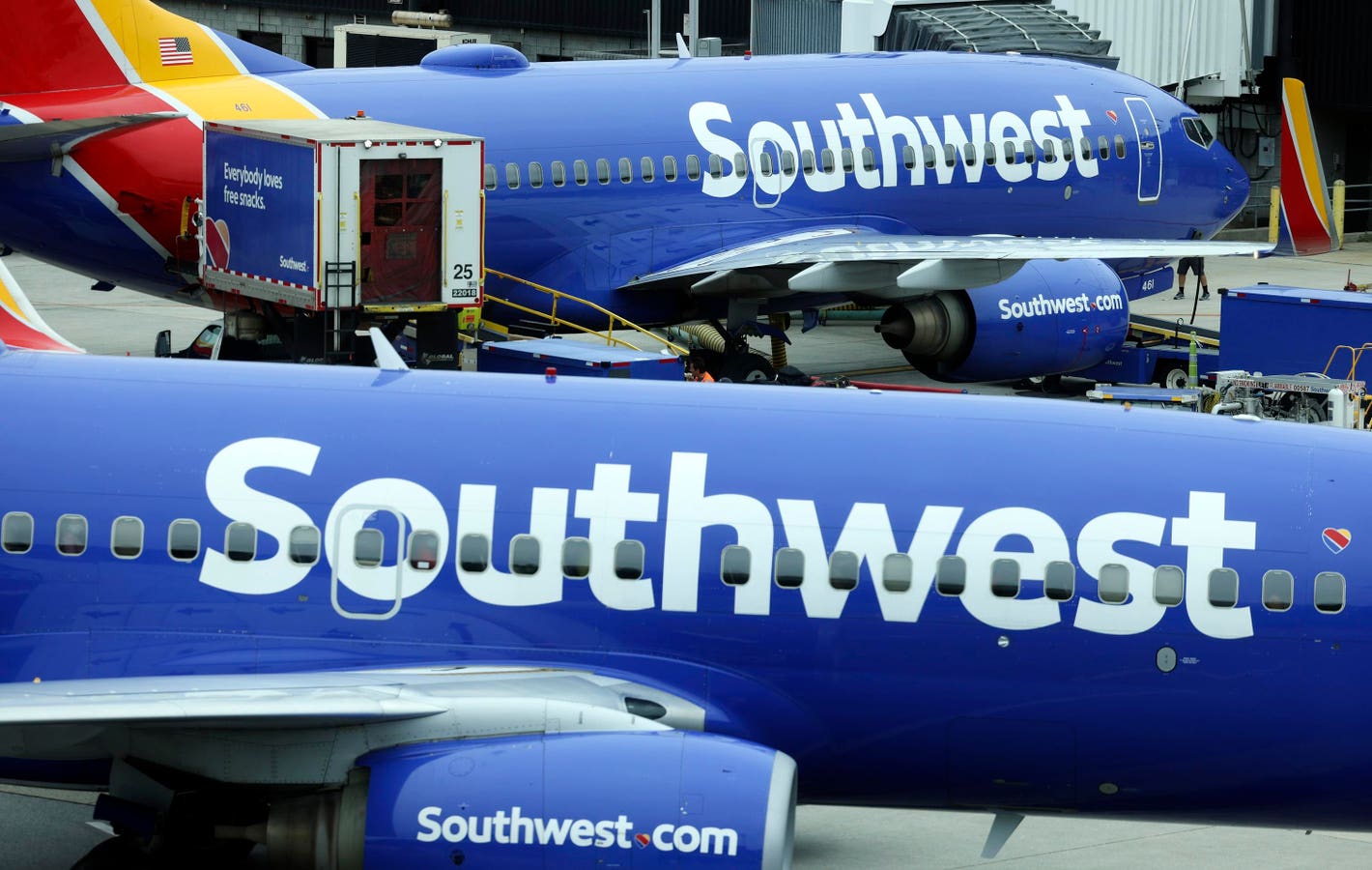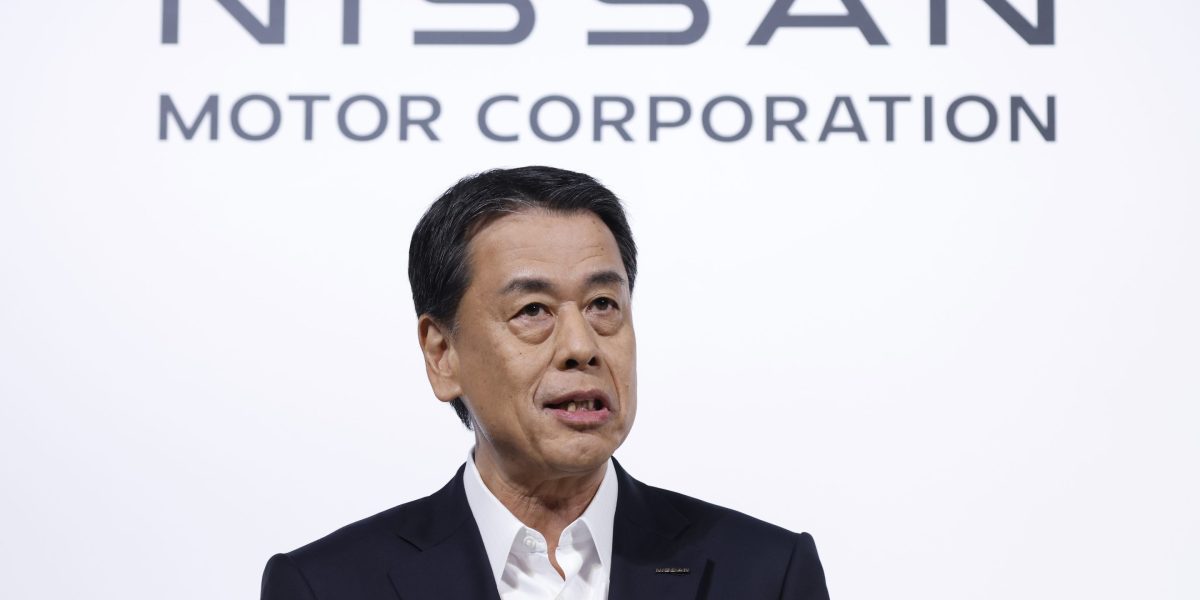Southwest's Communication Woes: A Case for Better PR, Not Activist Investors

Southwest Airlines' recent operational difficulties have sparked calls for change, but former United Airlines CEO Oscar Munoz argues that the airline needs improved communication, not a new CEO.
Munoz, who successfully navigated United through a challenging period, penned an article in *Fortune
magazine, arguing against a hedge fund's attempt to gain board seats at Southwest and replace CEO Bob Jordan. He asserted that running an airline demands more than financial expertise, requiring a deep understanding of the industry, operational know-how, and commitment to the company's core values.
Munoz's argument highlights a significant issue plaguing Southwest: its problematic communications strategy. The airline has faced criticism for its lack of transparency during operational meltdowns, including the December 2022 meltdown that saw 16,900 flights cancelled and millions of passengers stranded due to outdated technology.
This lack of transparency is further evident in a recent incident involving a news report that attributed Southwest's resilience during July's CrowdStrike-induced disruptions to its reliance on Windows 3.1. The airline failed to respond to inquiries about the accuracy of this claim, only to later deny it, suggesting a pattern of avoiding direct communication.
While the hedge fund Elliot Management, which is acquiring Southwest shares and advocating for change, can easily point to issues like Southwest's deviation from its low-cost carrier identity and the increasing competition from other airlines offering premium services, the article argues that a CEO change is not necessarily the answer.
The piece draws parallels with the historical involvement of activist investors in the airline industry, citing examples like Carl Icahn's failed attempt to take over TWA and Frank Lorenzo's takeover of several airlines, which resulted in both positive and negative outcomes.
Munoz points out the complexity of running an airline, highlighting the significant investments in safety, the strong union presence, and the valuable assets airlines possess. He also acknowledges the growing influence of credit card deals in the airline business, making it tempting for investors to seek profits at the expense of passengers and employees.
The article concludes that while Southwest has ample room for improvement in its communication with journalists, the overall need for change might be more nuanced than simply replacing the CEO.
Ultimately, the article suggests that Southwest's greatest challenge lies in regaining public trust and addressing operational inefficiencies, not in appeasing activist investors. The airline needs to prioritize a clear and transparent communication strategy to address these issues effectively.





